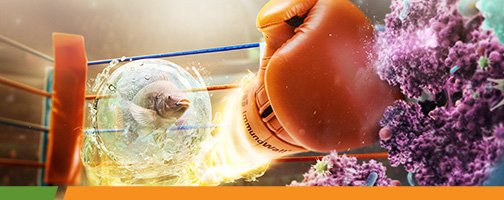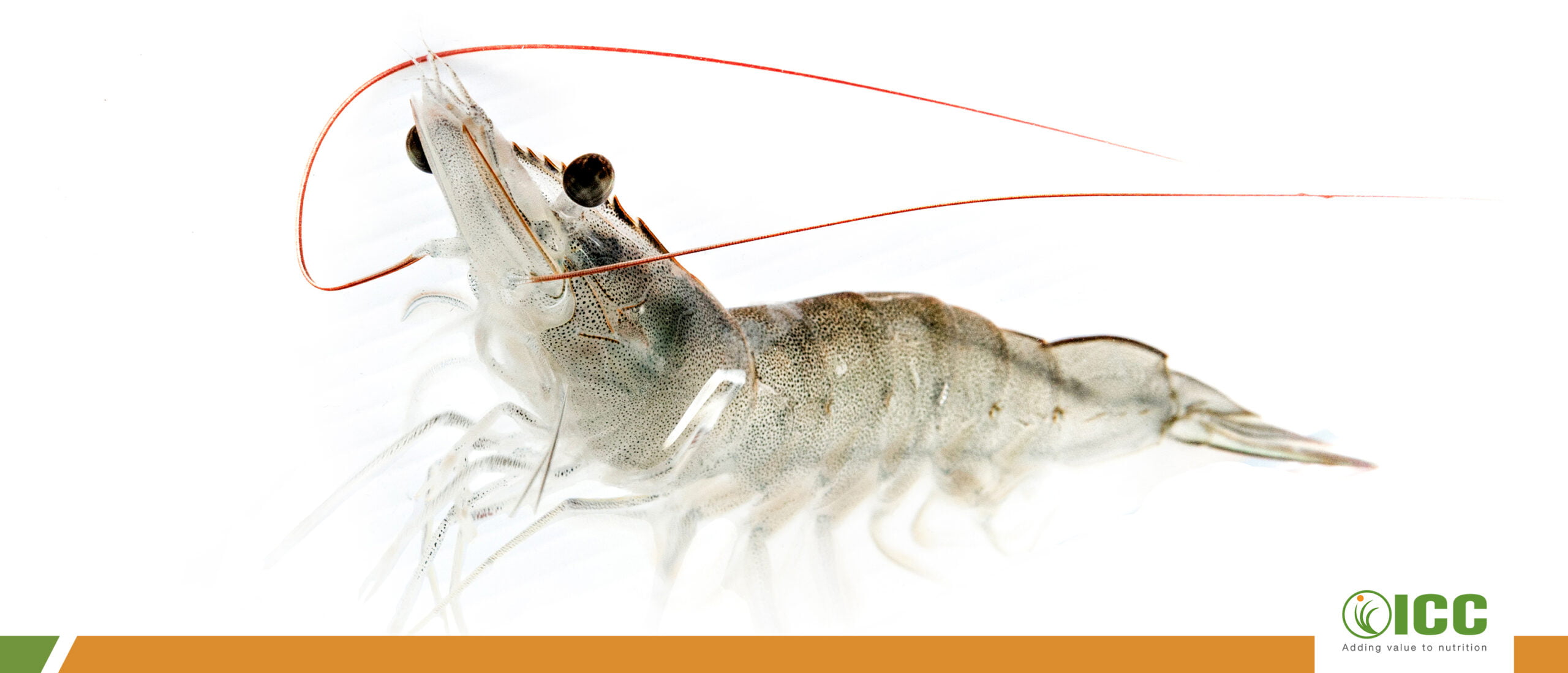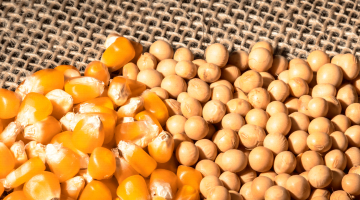Intestinal health and immune response of fish improve with sugarcane yeast-based additives

By Fernando Souza, Technical Coordinator for Monogastrics at ICC, a leader in natural yeast-based nutritional solutions for animal production.
In the search for alternatives to improve the intestinal health of animals, yeasts are a good option, whether considering the immunomodulatory activity of beta-glucans, or through the agglutination of pathogens by mannan-oligosaccharides (MOS), or just considering their nutritional value as a source of proteins, amino acids, vitamins, and minerals. All these factors combined have a beneficial impact on the balance of the intestinal microbiota. Another point to consider is that it is a product generated from the fermentation of ethanol, obtained way-sustainably and with immense growth projections.
Yeasts are used during the fermentation process of sugar cane to obtain ethanol. The entire production process is highly sustainable and has a negative carbon footprint, as well as immense growth potential, as today, only 10% of what is produced in the mills is used in the animal nutrition industry.
In fish farming, a large part of the costs is concentrated to producing feed for the animals (around 50% to 70% of total production costs). In this sense, the use of yeast can replace or complement diets containing soybean meal or animal meal, according to a study performed by Embrapa Eastern Amazon. According to the study, the levels of protein and minerals in yeast were analyzed and compared with other ingredients. It is important to know that this figure can reach 45% crude protein, with up to 90% digestibility depending on how the yeast is processed. This is comparable to meat meal, which has 45% crude protein and good digestibility.
When we discussing the use and application of yeast in fish nutrition, in addition to its nutritional value, its application as an immunonutrient stands out: it acts against pathogens, maintains intestinal integrity, improves well-being, and reduces mortality rates. In the intestine, yeasts stimulate the phagocytic activity of immune system cells and also promote the agglutination of pathogenic bacteria, promoting the proliferation of beneficial bacteria, such as lactobacilli and bifidobacteria.
Several studies around the world, carried out in partnership with universities and research institutions, have proven the beneficial effects and increased performance of animals when subjected to challenges from pathogens, such as viruses and bacteria, or adverse environmental conditions, such as temperature and salinity. They prove that uniform conditions are visible in terms of improved performance and immune response.
With animal health in mind, yeast-based products – such as those offered by ICC – are developed with the main focus on strengthening the immune system and intestinal health of these animals, and providing them with the ideal conditions to face daily challenges, with a faster and less costly reaction to the challenges.
In addition to strict quality control and compliance with various standards of good production practices, ICC’s products come from yeasts used in ethanol fermentation, which guarantees a higher concentration of beta-glucans, because the conditions of the fermentation medium and ethanol production induce these yeasts to develop a thicker “shell”, with a synergistic portion of beta-glucans and mannan-oligosaccharides. They use BetaActive technology, which not only makes the cell wall more indigestible (that is what we want! The functional effect of the yeast wall is that it passes through the intestine and provides immunomodulation and agglutination of pathogens!), but also makes the beta-glucans more reactive and readily recognized by the cells of the immune system present in the intestinal membrane. Products based on the cytoplasmic cellular content of yeast, on the other hand, guarantee optimum digestibility as a source of protein, amino acids, nucleic acids, vitamins, and minerals.
The solutions are suitable for all fish species, but with different methods of use and according to each objective, be it nutritional or functional. For example, StarYeast is inactivated yeast and is used as a functional protein source, an alternative to animal products or products with low digestibility; ImmunoWall, which is the yeast cell wall, is focused on strengthening the immune system and improving the animals’ response to daily challenges; Lyscell, in addition to supporting the immune system, is also highly digestible, with B-complex vitamins, a source of amino acids and peptides; and finally, Hilyses is a highly functional protein source, with action on the immune system, a source of amino acids and nucleotides, which are the cellular “bricks”, i.e., they participate in the construction of various tissues and organs, as well as a high glutamic acid content and palatability. With all these resources, the fish farmer has production on a commercial scale, absence of seasonality, standardization and quality, attributes that enhance its use in fish nutrition.
Posted in 22 September of 2023


